Former DR Congo Prime Minister Sentenced to Hard Labour for Corruption
Augustin Matata Ponyo has been handed a 10-year forced labour sentence after being found guilty of embezzling hundreds of millions in public funds.The Constitutional Court of the Democratic Republic of Congo has sentenced former Prime Minister Augustin Matata Ponyo to 10 years of forced labour after convicting him of embezzling approximately $245 million (£182 million) in state funds. Also convicted in the case was Deogratias Mutombo, former governor of the central bank, who received a five-year sentence of forced labour.
Matata, who served as prime minister from 2012 to 2016, was found guilty in connection with the misappropriation of funds intended for the Bukanga-Lonzo Agro-Industrial Park—an ambitious project aimed at alleviating the country’s severe food shortages. The project was touted as one of Africa’s largest agricultural initiatives and was expected to create 22,000 jobs to support the 28 million Congolese citizens facing acute food insecurity.
Before his tenure as prime minister, Matata held the post of finance minister and was praised by the International Monetary Fund for his efforts in stabilizing the economy. He now leads the Leadership and Governance for Development (LGD) party.
Matata’s legal team has criticized the ruling, calling it politically driven and unjust. He had been a vocal opponent of President Félix Tshisekedi and was a candidate in the 2023 presidential race before withdrawing. Matata has consistently denied all allegations against him.
Deogratias Mutombo has not commented publicly on the conviction. Both men have been barred from holding public office for five years following the completion of their sentences.
According to the U.S. State Department, court-mandated forced labour remains legal as a form of criminal punishment in the Democratic Republic of Congo.
The investigation began in 2020 after the Inspectorate General of Finance reported large-scale financial irregularities related to the Bukanga-Lonzo project, which was intended to be a cornerstone of the country’s economic development and food security strategy.
The sentencing marks a significant moment in the country’s ongoing struggle against high-level corruption, though critics argue the case is emblematic of deep-rooted political divisions within the DRC.


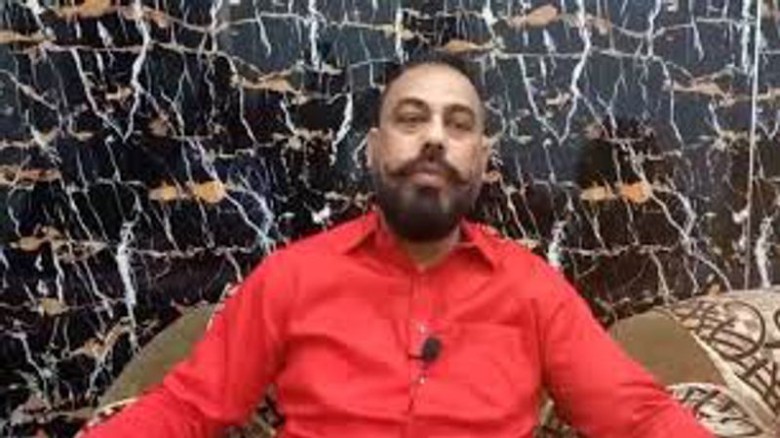
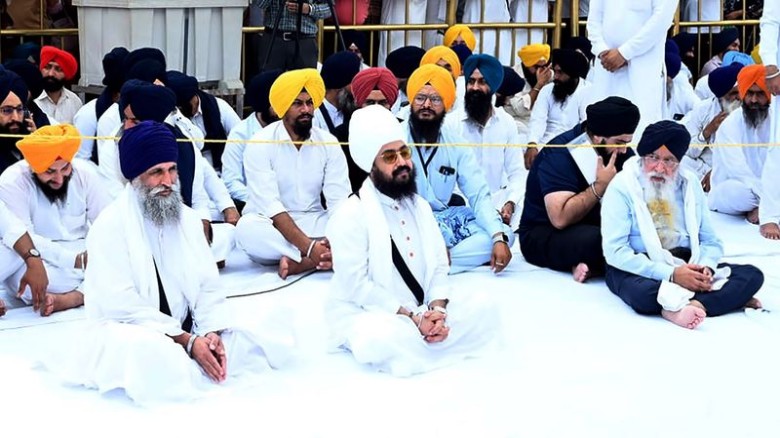

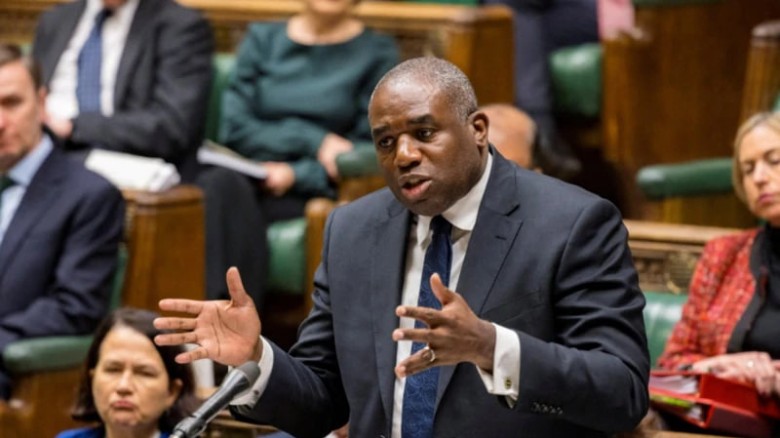
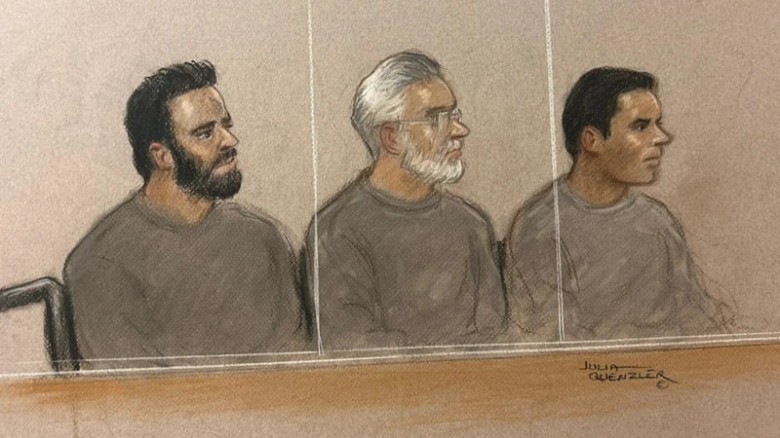


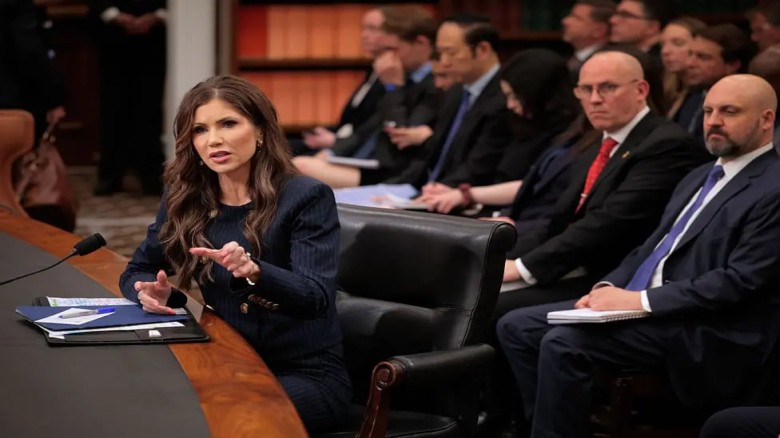


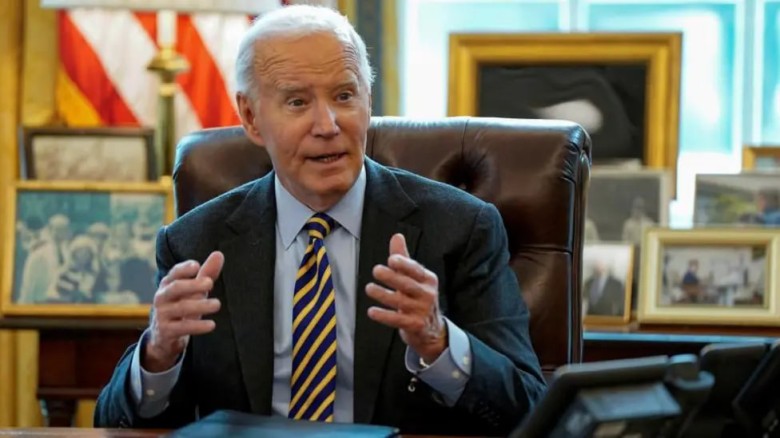




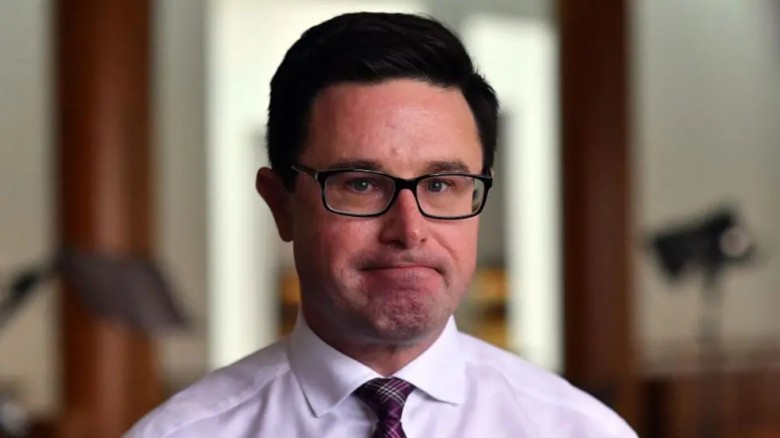

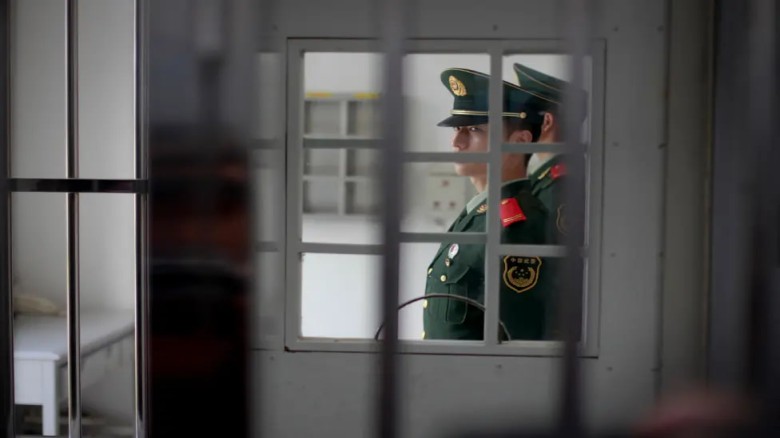



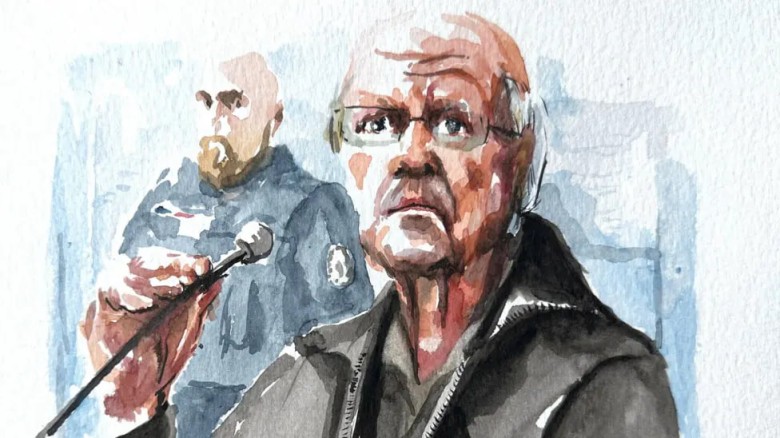
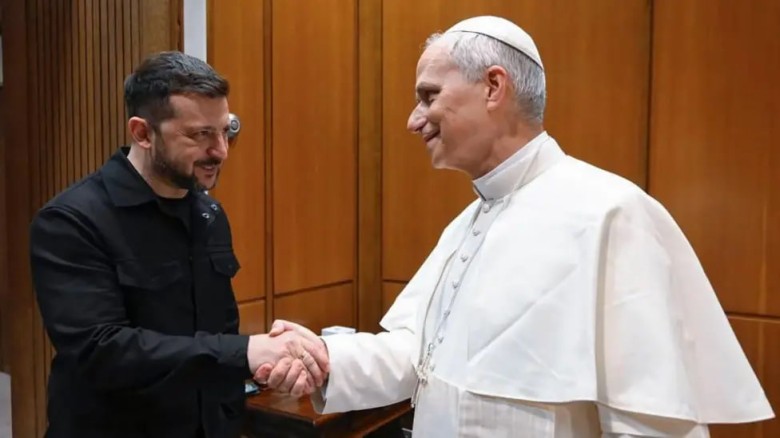

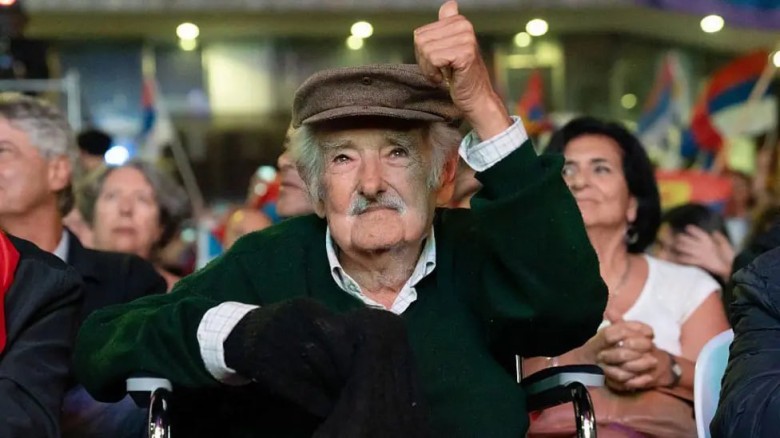
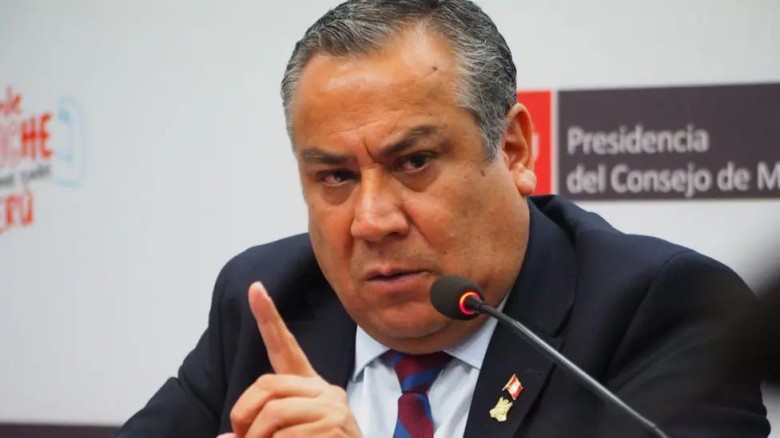

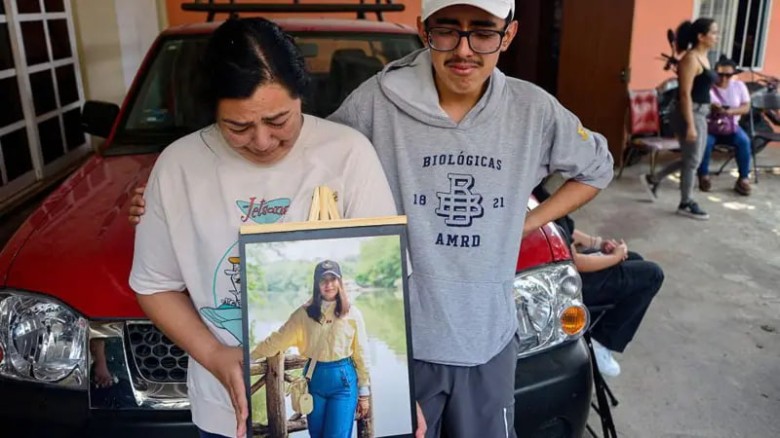








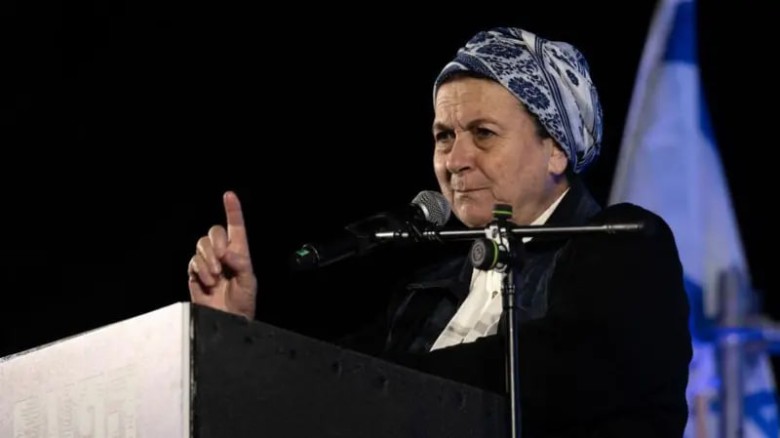
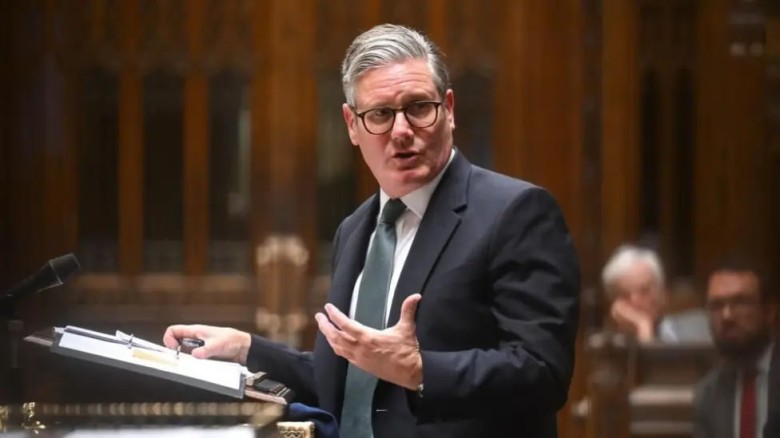

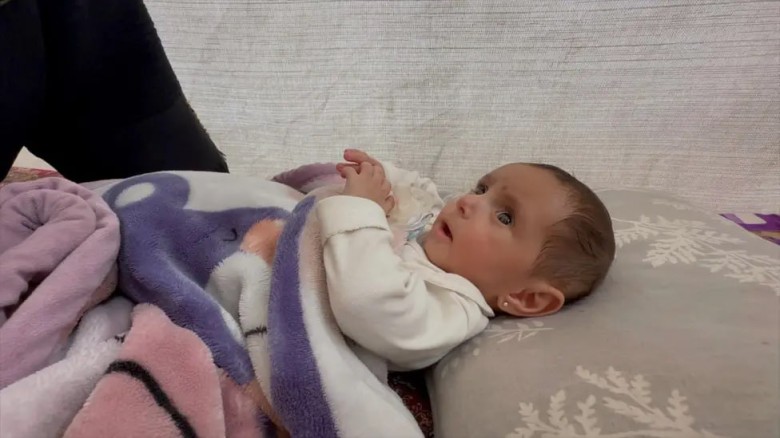







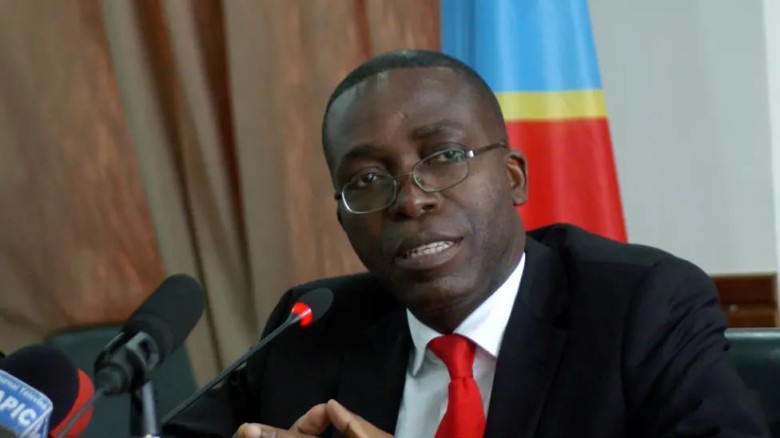
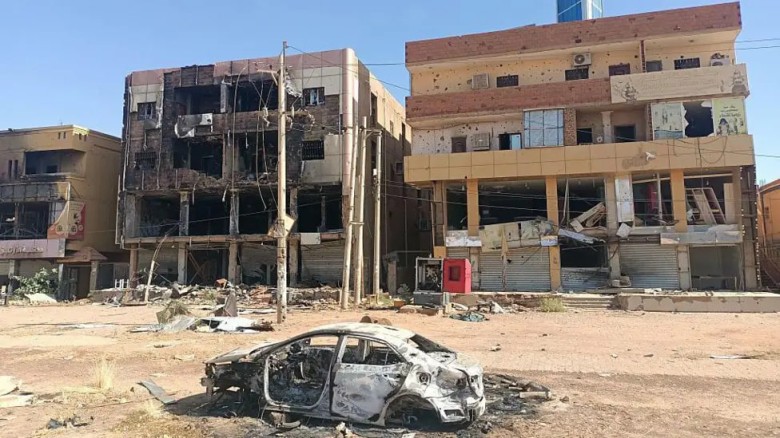
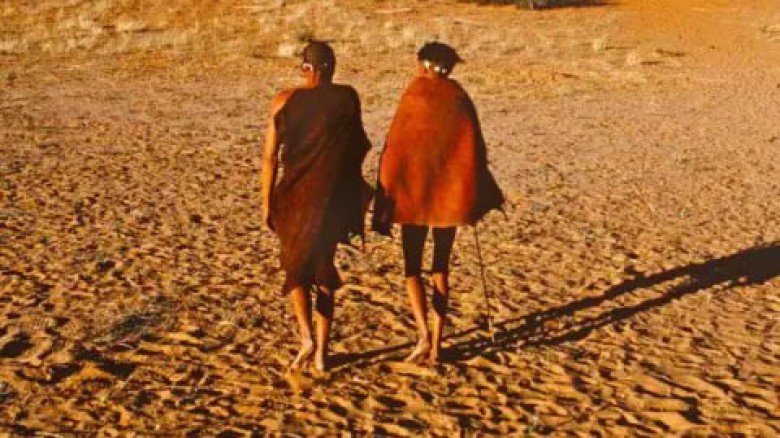
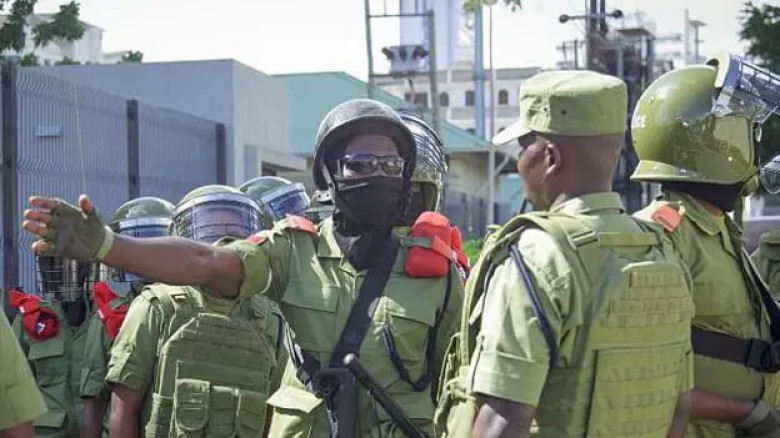



















Leave A Comment